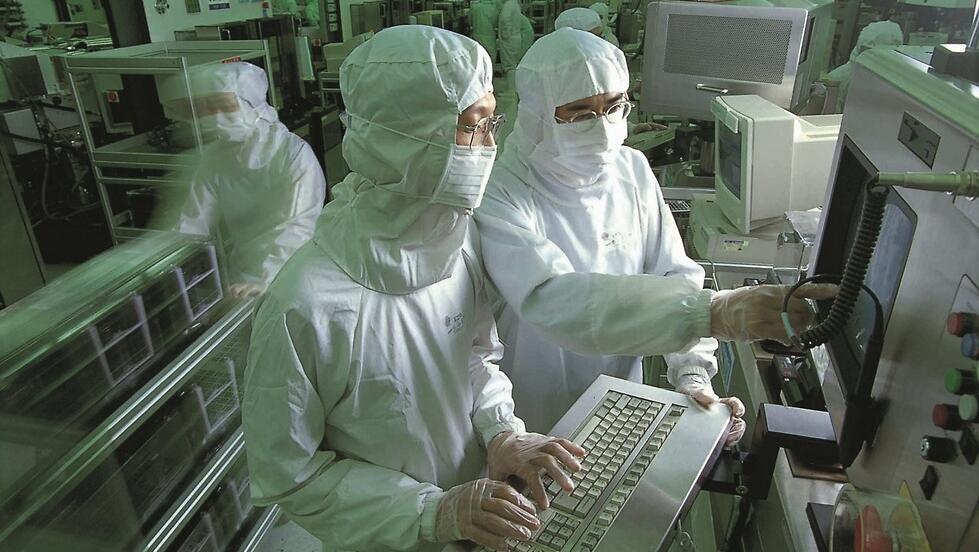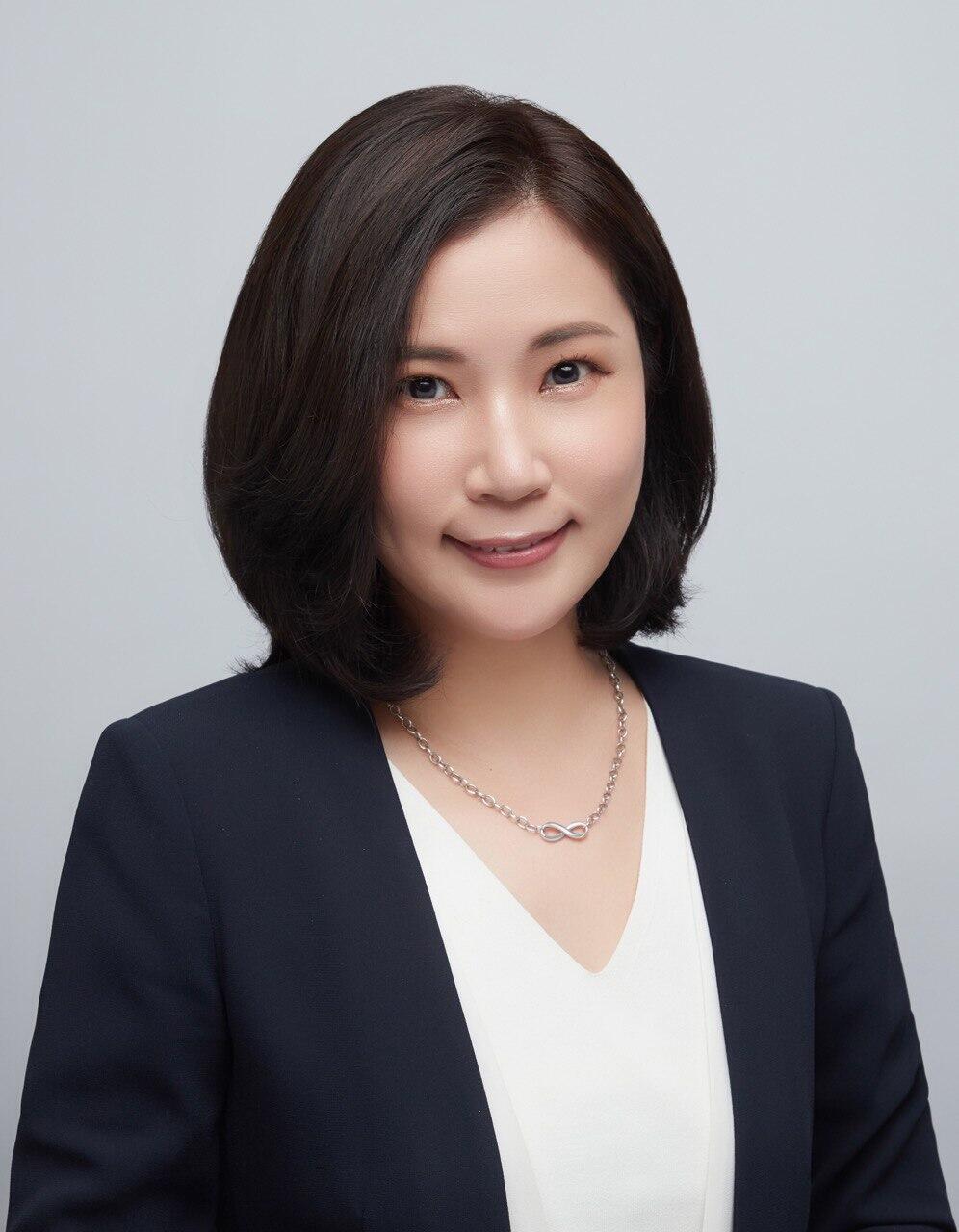Taiwan is looking to integrate Israeli technology firms into a massive semiconductor investment plan tied to U.S. President Donald Trump’s push to make the United States a global artificial intelligence hub, the island’s top envoy to Israel said.
Taiwan Semiconductor Manufacturing Co. (TSMC), the world’s leading chipmaker, recently announced a $100 billion investment to expand semiconductor production in the U.S. The plan includes building five new facilities — three chip manufacturing plants, two advanced packaging facilities, and a major research and development center — bringing the total Taiwanese investment in the U.S. to $165 billion.
"The Trump administration’s policy is to make the U.S. the world’s largest AI center, and in this context, Taiwan and Israel are irreplaceable," according to Taiwan’s top representative in Israel, Abby Ya-Ping Lee.
The initiative is seen as a move to bolster U.S. national security by reducing reliance on foreign semiconductor production, particularly as tensions with China grow. Trump, speaking alongside TSMC’s CEO on Monday, underscored the importance of domestic chip production. "We must be able to manufacture the chips and semiconductors we need right here," he said.
Opportunities for Israeli tech
Lee said the TSMC investment creates opportunities for Israeli startups, particularly those seeking mass production partnerships. "We see many Israeli startups looking for manufacturing partners, and Taiwan offers many opportunities for collaboration," she said, citing Nvidia as an example of a company working closely with both Taiwan and Israel. "Nvidia has R&D centers in both countries, and Taiwan’s semiconductor industry helps them produce AI chips."
She also emphasized Taiwan’s strategic role in the global semiconductor industry. "TSMC is Taiwan’s economic shield, protecting our national security," she said. "This investment has implications not only for U.S.-Taiwan relations but also for global geopolitics. Israel should consider how to strengthen its ties with the U.S. while maintaining independent policies and securing control over critical technologies."
Get the Ynetnews app on your smartphone: Google Play: https://bit.ly/4eJ37pE | Apple App Store: https://bit.ly/3ZL7iNv
Asked what Israel could learn from Taiwan’s approach, Lee said smaller nations must be strategic in leveraging their strengths. "As small countries, we need to optimize our added value and integrate it with the U.S. and our allies based on shared values," she said.
She also noted that Taiwan has gained first-hand experience in navigating Trump’s economic and diplomatic strategies, suggesting that Israel could be next. "Taiwan might be one of the first to experience Trump’s transition diplomacy, and Israel could soon follow," she said.
Lee declined to name specific Israeli companies that could take part in the semiconductor initiative but said Taiwan is actively working to create business opportunities across AI health care, quantum computing, biomedicine, and semiconductor equipment.
She stressed that Taiwan’s government will ensure proper oversight of TSMC’s investment. "This will be a win-win-win situation for all stakeholders," she said.
Taiwan and Israel have signed 34 agreements over the past three decades to boost cooperation in political, trade, and technology sectors. "We are committed to strengthening our policy infrastructure and promoting further business opportunities through the Taiwan Mission and Taiwan’s trade promotion center," Lee said.




